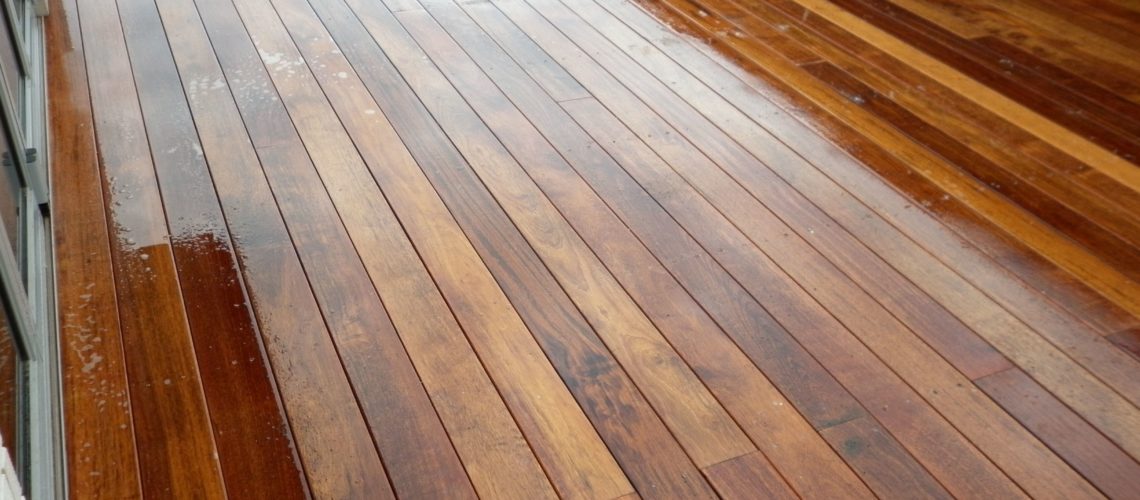When it comes to setting up a fence, the main question is to what type of material should be used to create it. A garden fence is an intrinsic part overall landscape design which complements the rest of the property’s architecture. It is important that the style and theme match your house aesthetic but at the same time fulfil the purpose of fencing. A timber posts or concrete post both can serve the purpose of the fence but there are few factors which tell you which option is better.
Many residents opt for timber posts and panels for their garden. As wood keeps the natural aesthetic together, it can blend in well with the more homely and comfortable natural theme while on the other hand, concrete gives off a solid feel. Also, a wooden fence can also be designed according to the changing theme of your house as they are easy to paint. They can be stained or repainted to match the house. The best is to use water resistant and then apply paint. As opposed to concrete, timber posts are ideal as fence panels can be easily fixed into the material. Not only does this prevent the annoying rattling sound which occurs when panels move in the wind, but it also makes the fence much more secure. Typically, one of the most common ways thieves gain access to a property or have the opportunity to steal items from a fenced garden is via the removal of a fence panel from the posts. So, timber posts provide the perfect solution to keeping your garden and, in turn, home stays secure. Timber fences are also easier to handle and are lighter than concrete and their installation is also easier. On the other hand, concrete posts are much heavier and harder to install but they are hard and durable which gives them a plus point here.
Due to the many pros of wooden use, kwila decking is also much preferred. This is a redwood which gives a lot more appealing look. This wood is a lot more durable and better than timber The naturally occurring oils in Kwila also protect it against harsh environments such as cold and heat, saltwater, and more, making it ideal for outdoor use. The tannins in Kwila timber give it a first-class durability rating, making it unlikely to crack or split like some other hardwoods. The biggest advantage of kwila is that it can withstand termites organically. This proves that wood is the best option for manufacturing different parts of houses.

